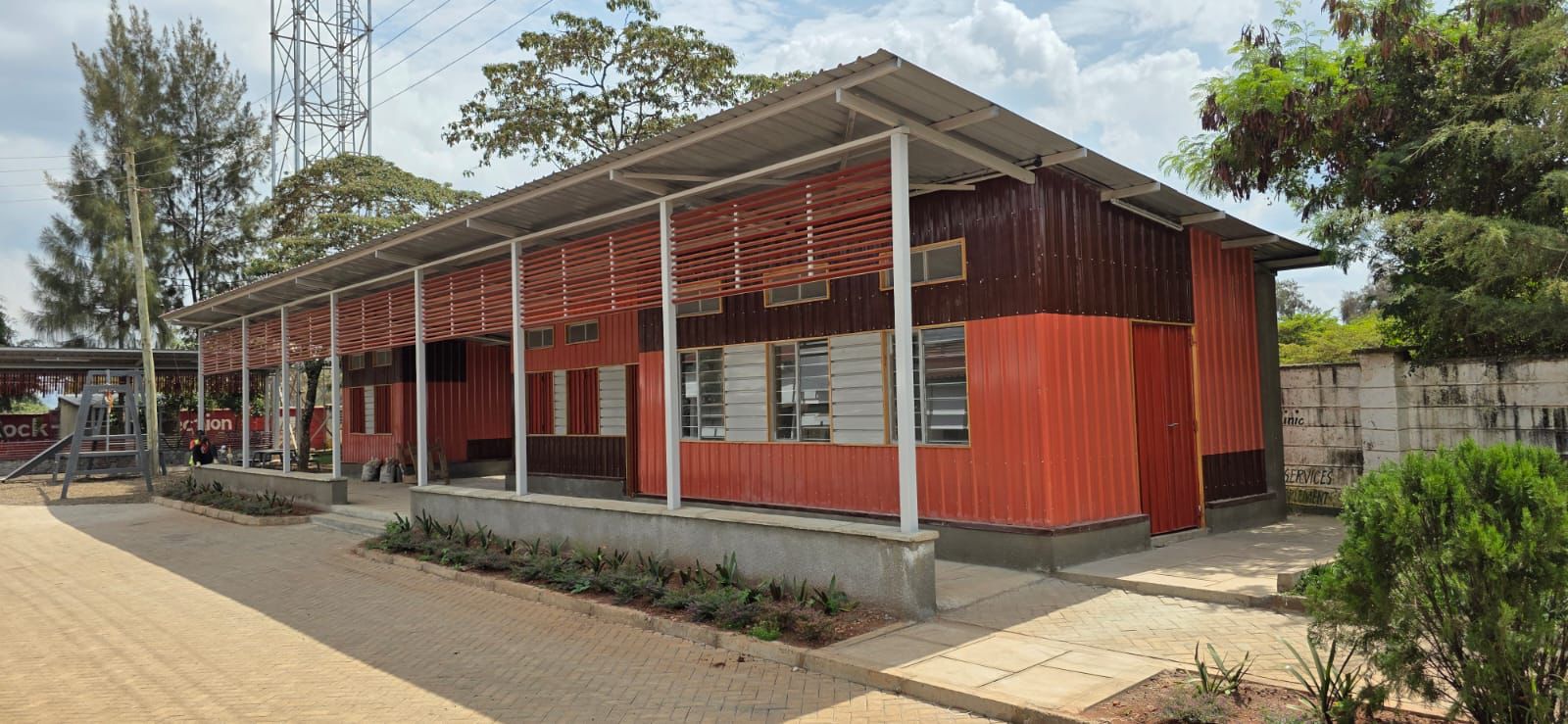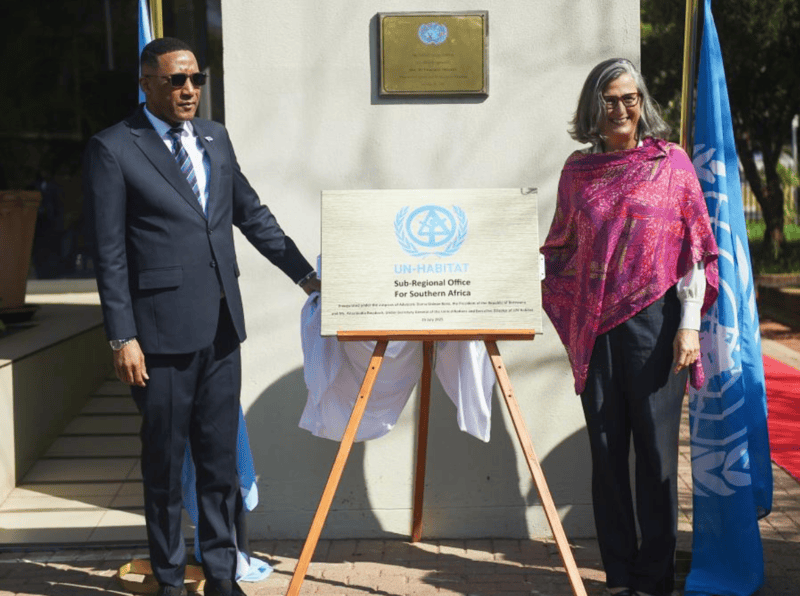Wealth tax proposal could generate Sh100 billion for Treasury – report

For the wealthiest individuals with assets over $100 million, the NTA recommends a 5 per cent wealth tax.
A new report from the National Taxpayers Association (NTA) suggests that imposing a wealth tax on Kenya's high-net-worth individuals (HNWIs) could raise nearly Sh100 billion for the government.
This amount would represent almost a third of the funds the National Treasury sought to collect through the recently rejected Finance Bill 2024.
More To Read
- KRA waives Sh165 billion in penalties as over three million Kenyans benefit from tax amnesty
- State slashes digital transfer tax to 1.5 per cent to boost tech sector
- KRA surpasses Sh2 trillion in revenue collection as growth hits 6.1 per cent
- Treasury targets foreign firms in public tenders with fresh tax proposal
- Kenya lost over Sh500 billion to tax waivers and corruption- report
- Cabinet approves Finance Bill, 2025, targets tax loopholes
The report, titled "Taxing Wealth in Kenya", proposes a progressive wealth tax system targeting 7,800 HNWIs in the country. According to the NTA, the wealthiest individuals should be taxed based on their total wealth, divided into three categories.
In the first band, individuals with a net worth of between $1 million and $3 million (Sh140 million to Sh400 million) would face a 1.5 per cent annual wealth tax. This group includes 5,700 people, potentially generating Sh22 billion ($171 million) in tax revenue.
The second category targets those with wealth ranging from $3 million to $100 million. The NTA proposes a 3 per cent wealth tax on this group, which could bring in Sh58 billion ($450 million) to the Treasury.
For the wealthiest individuals with assets over $100 million, the NTA recommends a 5 per cent wealth tax.
This could generate an additional Sh20.6 billion ($160 million) from the 16 ultra-wealthy people in Kenya.
"The government must include a wide range of assets in the tax base, building on existing frameworks for property (real and intellectual) and financial asset taxation," the report says.
The NTA advocates for the development of comprehensive valuation mechanisms, drawing from international best practices, to effectively assess and tax wealth.
The lobby group also calls for a phased approach to implementing the wealth tax. This would begin with enhanced data collection and identification of HNWIs, gradually leading to the full implementation of the wealth tax regime by 2026.
"Design the wealth tax to focus exclusively on HNWIs, setting a high threshold to exempt the majority of Kenyans, especially household and individual savings on which tax has previously been paid," the report reads.
The NTA further urges the government to craft legislation that aligns with constitutional principles, ensuring clear definitions of taxable wealth and mechanisms for enforcement.
National Tax Policy
This aligns with the National Tax Policy (Sessional Paper No. 02 of 2023), which emphasises fairness and equity in taxation, as enshrined in Kenya's 2010 Constitution.
"Wealth taxation can play a crucial role in poverty alleviation efforts and help in sealing the big gap between the rich and the poor," the report argues, highlighting the importance of addressing wealth inequality in Kenya.
According to the World Inequality Database (2022), the top 10 per cent of Kenya's population owns 61.9 per cent of the country's wealth, underscoring the stark wealth concentration.
The NTA also suggests a closer look at the Capital Gains Tax (CGT), which, while technically an income tax, targets the appreciation of wealth. The lobby group argues that CGT could play a central role in wealth taxation discussions, ensuring that wealth accumulation is taxed effectively over time.
"The treatment of capital gains remains a crucial consideration in discussions of how to tax accumulated wealth," the report states, highlighting the need for a comprehensive approach to taxing wealth in Kenya.
The proposal is part of a broader global momentum toward wealth taxation, which is gaining traction in several developing countries, including Argentina, Burundi, Colombia, and Uruguay.
The NTA believes that a wealth tax in Kenya could help address the inequities of the current tax system, which it claims disproportionately burdens the poor, with salaried workers paying nearly 40 per cent of their income in taxes while the wealthy contribute far less.
Top Stories Today

















































